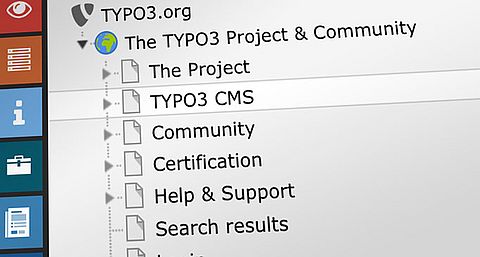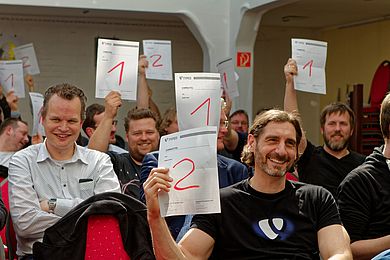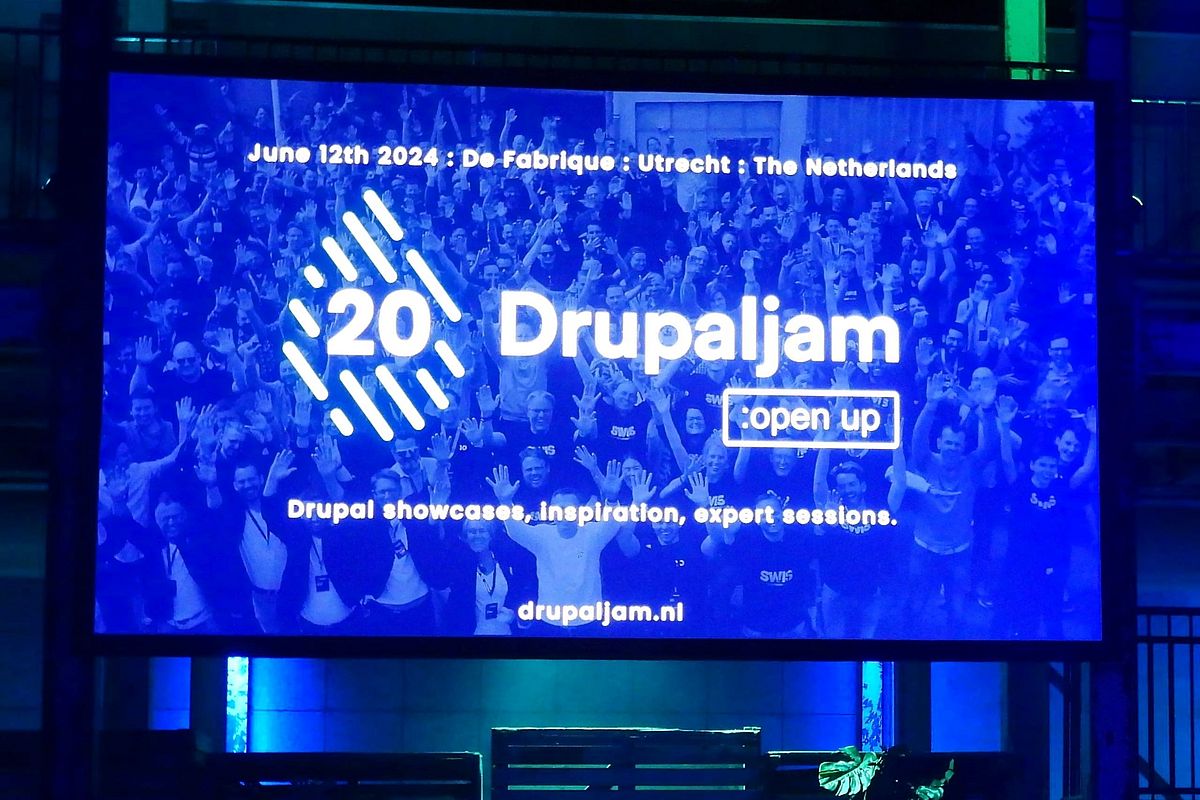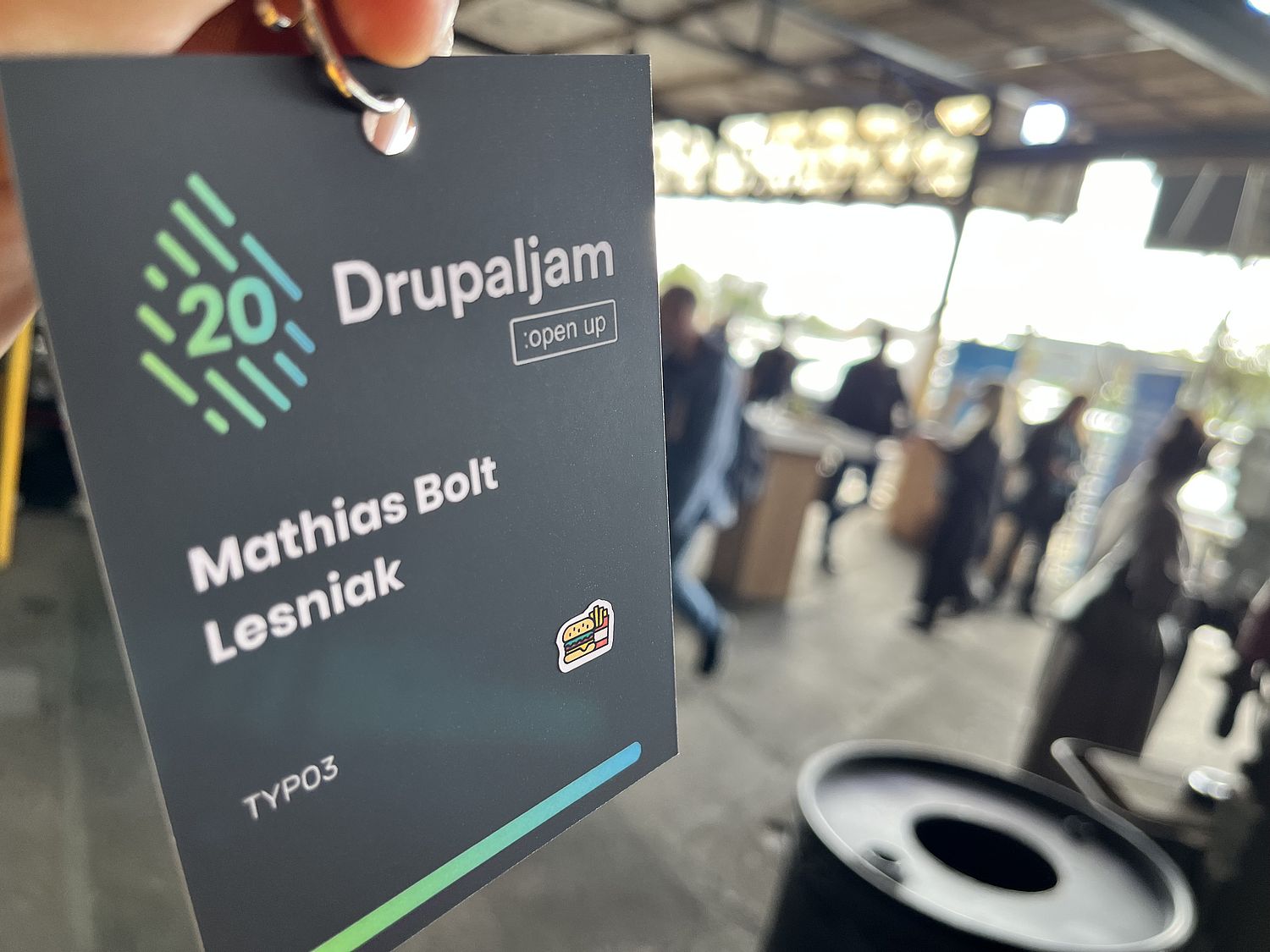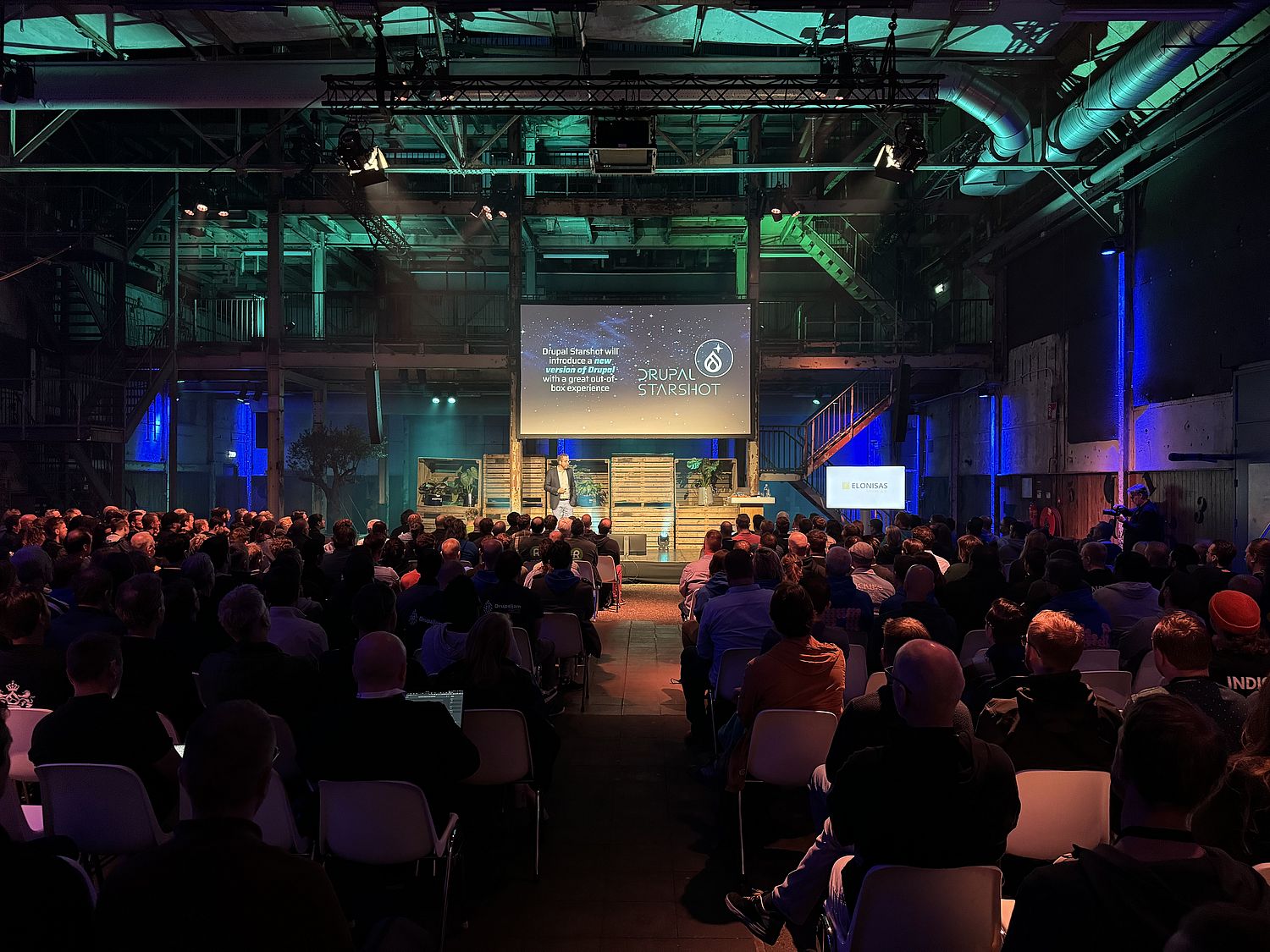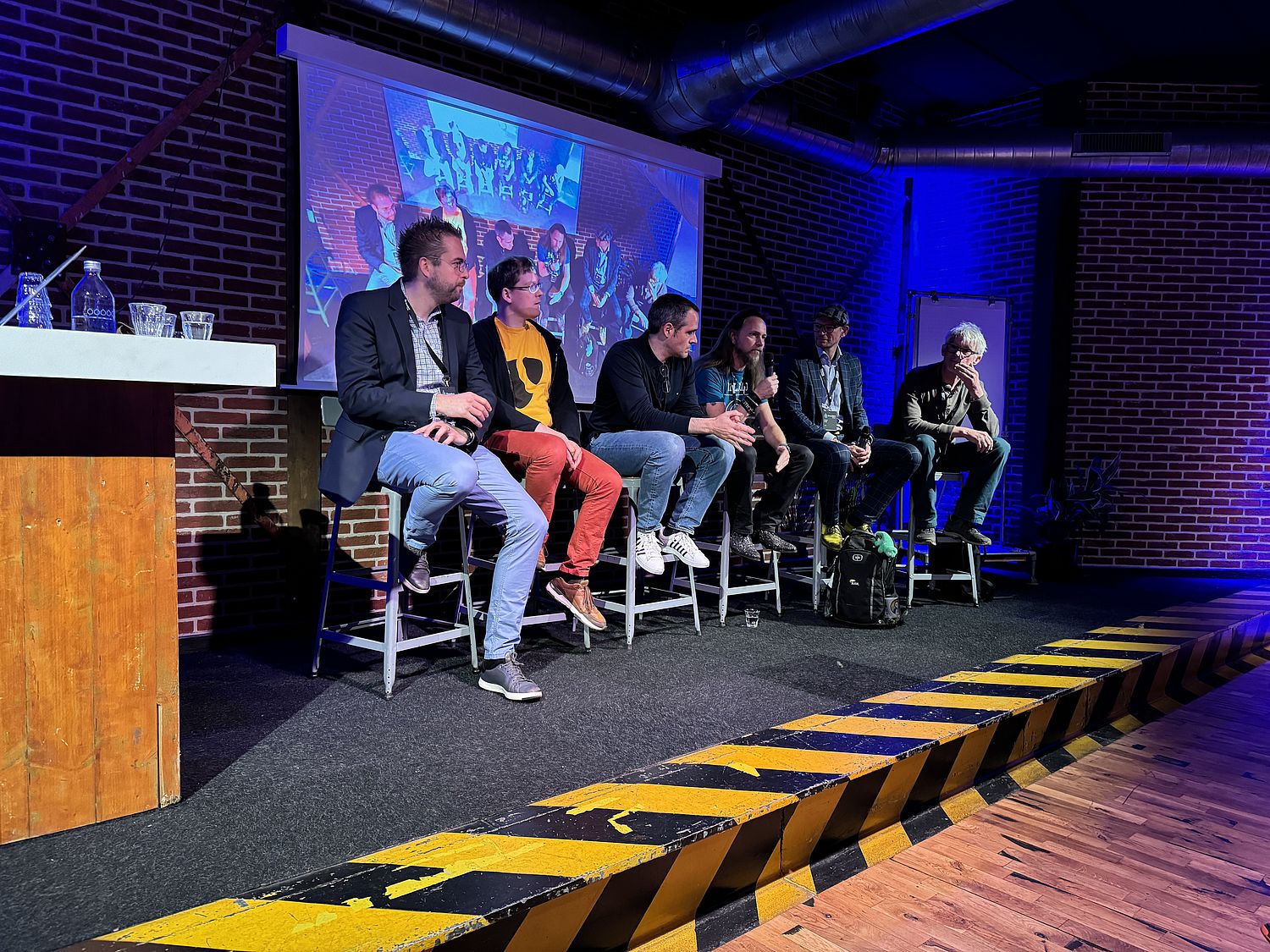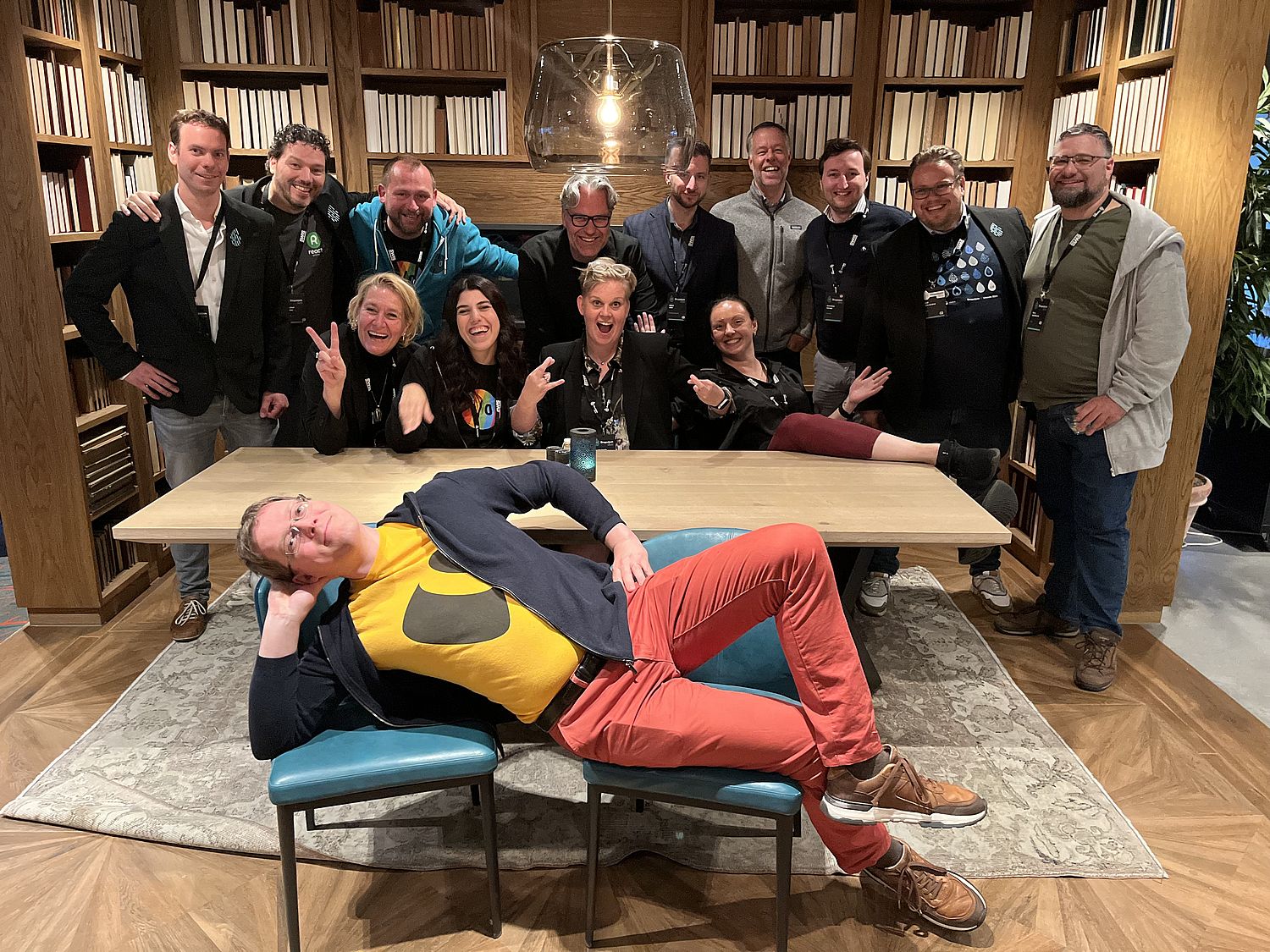For their conference's 20th anniversary the event organizers invited “fellow open source communities to share [Drupaljam’s] 20th anniversary event and welcome to join our event, share ideas, find inspiration and common ground.” I attended on behalf of TYPO3, and had one of my talks accepted for the main stage. I was also invited to join a podium discussion on the future of open source. The questions and answers presented added a lot of value to the cross-project exchange that makes visiting such non-TYPO3 events so great.
Mathias Bolt Lesniak attended Drupaljam in Utrecht, The Netherlands, 12 June 2024, for the TYPO3 Association, as a part of the Meet TYPO3 initiative. Mathias is the TYPO3 project ambassador. See upcoming Meet TYPO3 events.

